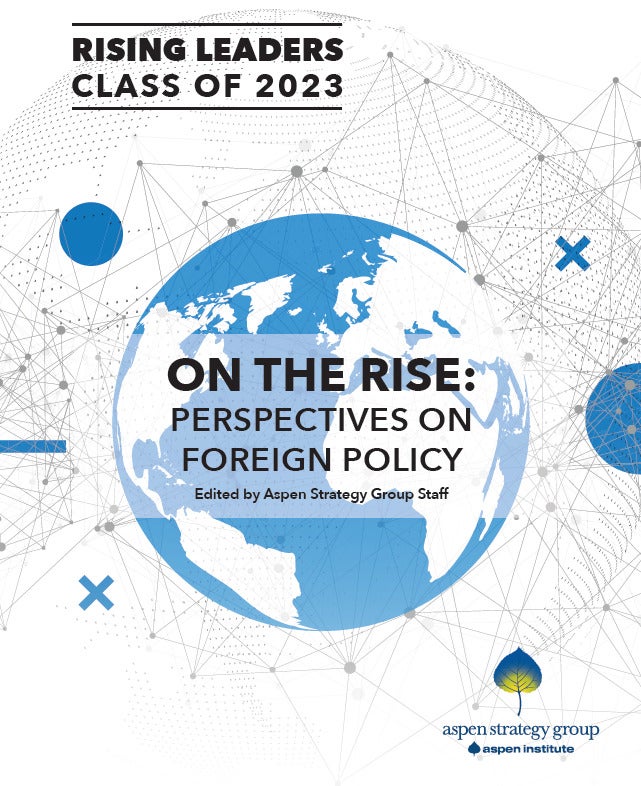(transcript of video)
Deputy Prime Minister Binh, Senior Lieutenant General Vinh, distinguished guests. I deeply regret that I cannot be there today in person, but I appreciate the opportunity to make some brief remarks.
I believe the health-disabilities agreement you are signing today is just as important as the project we launched eight months ago to clean up the dioxin-contaminated soil and sediment at Bien Hoa.
The Bien Hoa clean-up project follows the successful collaboration between USAID and Vietnam’s Ministry of Defense to clean up the contamination at the Da Nang Airport, which was an unprecedented achievement for both our countries.
Today, our purpose is to launch the next five-year phase of our joint program to assist Vietnamese citizens suffering from severe disabilities that were likely caused from exposure to Agent Orange, and from other war-related causes.
Our objective is to partner with the people of Vietnam to provide direct services, while building a system to deliver these services into the future.
Countless Vietnamese soldiers and civilians, and American soldiers and other personnel, were exposed to Agent Orange. Many are suffering from cancers and other illnesses and disabilities. Today, many of their children and grandchildren are also suffering from epigenetic effects passed down from one generation to the next, and their families are struggling to care for them.
The United States is currently supporting programs to help persons with disabilities in seven Vietnamese provinces that were heavily sprayed with Agent Orange. These programs are an expansion of United States efforts that began in 1989 to assist persons with war-related disabilities in Vietnam, especially victims of landmines and unexploded bombs.
These Agent Orange disability programs – and the dioxin clean-up projects at the Da Nang Airport and Bien Hoa – have complimentary goals: to eliminate the risk of exposure to dioxin; and to improve the quality of life for the most severely disabled – especially children and young adults. We want to assist them, as well as to increase capacities within their families and communities so they can live longer, better lives.
We expect these efforts will also lead to new areas of cooperation between the United States and Vietnam.
Most of us know people who served in the war. Some lost their lives. Others were badly wounded. The war was a disaster for the people of both countries. But over the years, despite our differences, we have normalized relations and now work as committed partners to overcome these tragic legacies of the war.
While we cannot change the past, each of us has a responsibility to act in ways that create new opportunities and a better life for people today and in the future. The five-year program to support persons with disabilities that we are launching today is not only another milestone in our partnership; it is a powerful symbol that our countries are jointly committed to this task.
The Vietnam-United States partnership is based on trust and respect, and on our shared belief that working together we can accomplish things that not long ago people thought were impossible.
I have worked with Vietnam on these issues for 30 years. We have accomplished a lot together. But we must continue to strive to meet the expectations of our future citizens. They will write the next chapter of how we, former enemies, worked together to overcome the past, while creating a foundation for a better future. Our success will be an example to them, and to the world.
Thank you.

